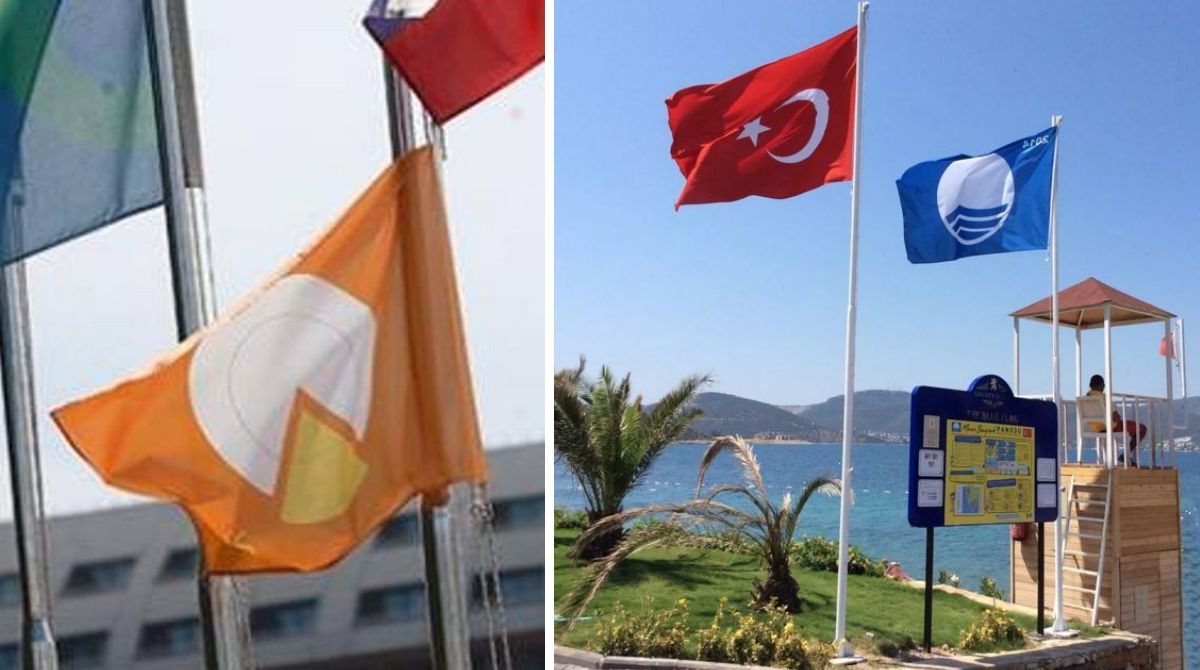In addition to blue flags, orange flags will appear near Turkish hotels. These flags will also mean an ecologically “advanced” hotel, but if blue flags are awarded to the cleanest beaches, then orange flags will be awarded to hotels “focused on recycling, care for the environment and nature.” At the moment, there are 47 such hotels in Turkey, but it is expected that their number will increase to 250 shortly.
As Ali Akgun, coordinator of the Orange Flag program and director of the Food Waste Minimization and Environmental Awareness Program, told the Turkish press, the Orange Flag is a comprehensive system that “directly contributes to food waste minimization and food protection efforts, raising awareness, and helps develop radical solutions to the problem of food waste.”
The project supports many departments and associations in Turkey, including tourism ones. Thus, the Orange Flag is supported by the Ministry of Culture and Tourism, the Ministry of Agriculture, the Turkish Federation of Chefs, the Turkish Restaurant and Confectionery Federation, the Turkish Hoteliers Federation, the Turkish Association of Travel Agencies, and the Tourism Federation and Guide Association.
“Orange Flag is a unique project for Turkey, the foundation of which was laid in 2017 to support zero-waste production efforts. It began to be implemented in some hotels in 2019. It includes all types of services related to food, from production to processing, from storage to sale and consumption. Today it is installed in 47 hotels from Sakarya to Riza, from Bursa to Antalya, and from Mugla to Cappadocia. At the end of this year, we expect to see 250 hotels with the orange flag, and a year later, 1,000,” said Mr. Akgyun.
He added that he expects the orange flag to add value to hotels from food-conscious, recycling-oriented, environmental, and nature-loving tourists. In addition, such hotels reduce operational costs and contribute to the country’s economy, the expert added.

